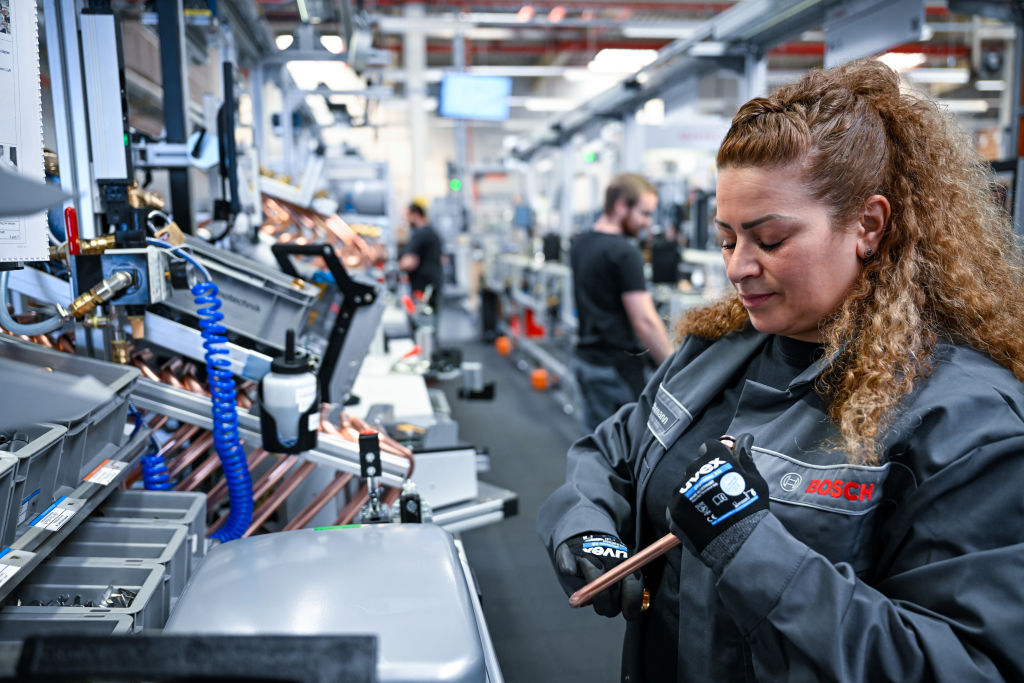Gen Z, or those born between 1996 and 2010, are more enthusiastic about working than older generations, a survey conducted in Germany has found.
The Trainee Recruiting Trends 2023 data, given to Der Spiegel weekly magazine, appear to challenge common stereotypes about the Gen Z, who have frequently been described as seeing themselves as “entitled” and of being “hard to work with”.
According to the report, that demographic is far more willing to work weekends or undertake shift work, with around 40 per cent saying they had no problem with working irregular hours, compared to less than 20 per cent of older generations.
The data also cast doubts on the stereotype that Gen Z cares far more about progressive activism than standard business goals, with just 47 per cent saying a company’s “commitment to social, environmental and climate issues” was of primary importance.
By contrast, 82.8 per cent said that a high salary was a driving factor, while more than 90 per cent said they valued future employment opportunities when choosing their first company to work for.
“The young generation wants to work and not just have fun,” Felicia Ullrich, one of the researchers said, adding that many within Gen Z want to “use” and “develop” the skills they have.
The share of searches for UK employment conducted by foreign workers has rocketed by 146 per cent since the implementation of the points-based immigration system. https://t.co/0tDKejO467
— Brussels Signal (@brusselssignal) August 23, 2023
Regarding the stereotypical view of Gen Z, a lack of communication skills is something repeatedly cited by managers across the Western world, with some speculating that the COVID-19 pandemic has “stunted” the socialisation abilities of those younger people.
Speaking to the BBC, London psychologist Elizabeth Michelle described the generation as being willing to work hard but only with the right incentives.
“It takes a lot less for them to leave [a job] than it did for previous generations,” she said.
This seems to be reflected in earlier statistics, with a survey in 2021 showing 77 per cent of young people were on the hunt for a new job compared to just 38 per cent of their predecessors who were new to the employment market in 2011.
Reporting by US business news outlet CNBC also noted that, as the first so-called tech-native generation, today’s young people are far more willing to integrate advanced technologies such as large language models into their workflows.
Large language models, or LLMs, are a type of AI that can mimic human intelligence.
“Companies are missing an awesome opportunity if they aren’t playing into the skills that this generation has,” said University of San Diego professor of business ethics Tara Salinas.
An apparent rise in Euroscepticism in Nordic countries may be fuelled by the dwindling employment of Nordic nationals among European Union institutions. https://t.co/5qhR7vjAJs
— Brussels Signal (@brusselssignal) August 23, 2023





